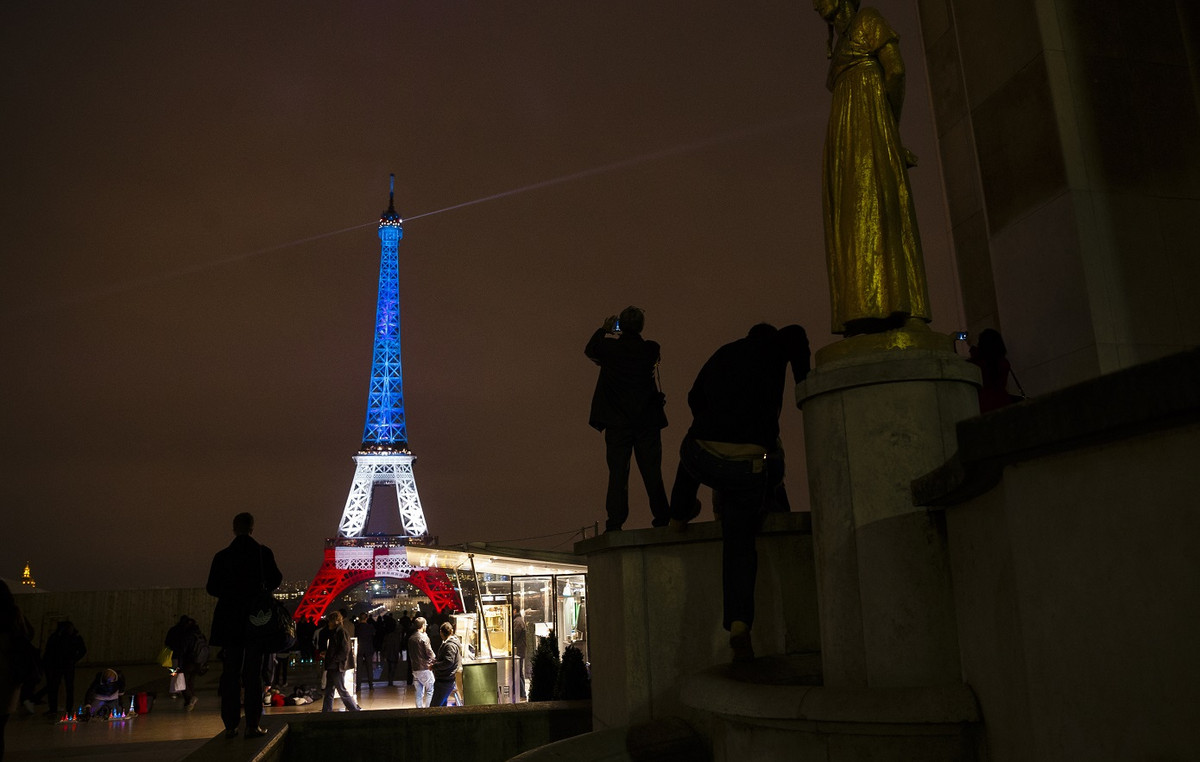THE Britain set on Monday (7/3) regulations with which it will crack down on “black money”adopting new legislation to “tie the hands” of the Russian president Vladimir Putinmaking it more difficult for people close to him to use London as a “luxury playground”.
The belated bill to fight financial crime comes as MPs from across the political spectrum called on the government, as broadcast by APE-MPE, todoes more to stop the flow of Russian money to London, named by some as “Londongrad” in response to Putin’s invasion of Ukraine.
However, while anti-corruption activists stated that some of the measures aimed at forcing property owners to reveal their identities and to strengthen the disclosure of their undisclosed sources of wealth, they said that without new funding, law enforcement agencies will have difficulty.
The new law shows that the government is “Determined to crack down on dirty money in our economy and, most importantly, crack down on Putin and his friends.” said Home Secretary Priti Patel in parliament.
Duncan Hayes, Transparency International’s policy director, said the most important step was a new registry that requires anonymous foreign British property owners to reveal their identities to prevent some from hiding behind virtual companies.
“It’s a cosmogenic change that will reveal the ownership of companies that are registered elsewhere in the world, and in that sense, it’s really ambitious and pioneering, but as with all these things it’s not enough to write good rules, we have to commit to enforcement. told them.
London has long been a top destination for Russian money, and Prime Minister Boris Johnson has vowed to crack down on those who use the capital as a luxury playground, enjoy luxury hotels and educate their children in private schools.
However, the British Prime Minister came under fire for delaying sanctions and freezing assets on Russian oligarchs and those close to Putin’s government after the invasion of Ukraine.
The government denies that there is a delay in imposing sanctions, but argues that it must ensure that it has a strong legal basis to support any sanctions against individuals. However, critics point out that the European Union and the United States are moving faster.
Italian police have seized villas in its most famous locations, including Lake Como and yachts worth 143 million euros from five Russians, while France has seized a yacht belonging to Rosneft’s boss Igor Sehin.
Transparency International reports that 1,5 1.5 billion worth of property has been bought by Russians accused of corruption or links to the Kremlin. About 30 830 million of this total belongs to offshore companies.
The new law will introduce the Overseas Entity Register, but will give anonymous foreign property owners six months to reveal their true identities – a provision that the opposition Labor Party says gives them plenty of time to move assets elsewhere.
Some lawmakers have called on the government to go further, urging ministers to allow the seizure of British assets by those oligarchs suspected of having ties to Putin even before authorities impose sanctions. It is unlikely that the government will go that far.
“We are in uncharted waters”
The main opposition Labor Party says that the ruling Conservative Party has received about 1.9 million pounds from Russian donors since Johnson came to power. Conservative officials say the party controls all donations and accepts only those from British citizens.
According to experts, the size of the sanctions adopted by Western countries against Russia after the invasion of Ukraine is “unprecedented”, but there remains “a lot of room” to increase.
“We are in uncharted waters. “The use of sanctions against a country so integrated into the West is unprecedented.” said Tom Ketting, director of financial crime and security studies at the Royal United Services Institute (RUSI) in London.
And if “the freezing of the assets of the (Russian) central bank had a huge impact”, there is still “Too much room to increase” sanctions, especially around measures targeting Russian energy, he said.
After several rounds of coordinated sanctions against Russia’s financial system and economy, a possible ban on imports of hydrocarbons, Russia’s main source of income, is now at the center of discussions among Western countries.
There are also “banks still unaffected” by the sanctions and “we know they are not due to the need for energy-related payments to continue to operate,” Ketting added.
“If the goal is to hit the Russian economy, it’s the energy sector that needs to be hit.” added Neil Schering, an expert at Capital Economics. But the sanctions “come at a cost to the rest of the world,” he said, noting that the announcement of the start of talks between the West on the issue had pushed oil to record levels today.
“We have never used sanctions in this way against another G20 country.” said Justin Walker, director of international sanctions and risk director at Acams (Association of Certified Anti-Money Laundering Specialists), a specialized anti-money laundering association. “We have used similar sanctions only against countries such as Venezuela or North Korea,” he said, noting the risks of unintended consequences, especially in “transactions that we would like to pursue for security reasons.”
The expert specifically mentioned the problem created by some impulsive retaliation received from private bodies, such as the decision of the largest shipping companies to stop serving Russia, for fear of possible sanctions or for fear of being outlawed. This “creates a very difficult situation and scenario for the transport of goods that we want to see the trade continue,” such as cereals, he said.
These “self-sanctions” taken precautionarily by some companies have contributed to a spectacular rise in raw material prices, to record highs since the beginning of the invasion of Russia, especially in the prices of wheat but also of hydrocarbons and hydrocarbons and industrial metals. .
Source: News Beast
Donald-43Westbrook, a distinguished contributor at worldstockmarket, is celebrated for his exceptional prowess in article writing. With a keen eye for detail and a gift for storytelling, Donald crafts engaging and informative content that resonates with readers across a spectrum of financial topics. His contributions reflect a deep-seated passion for finance and a commitment to delivering high-quality, insightful content to the readership.







